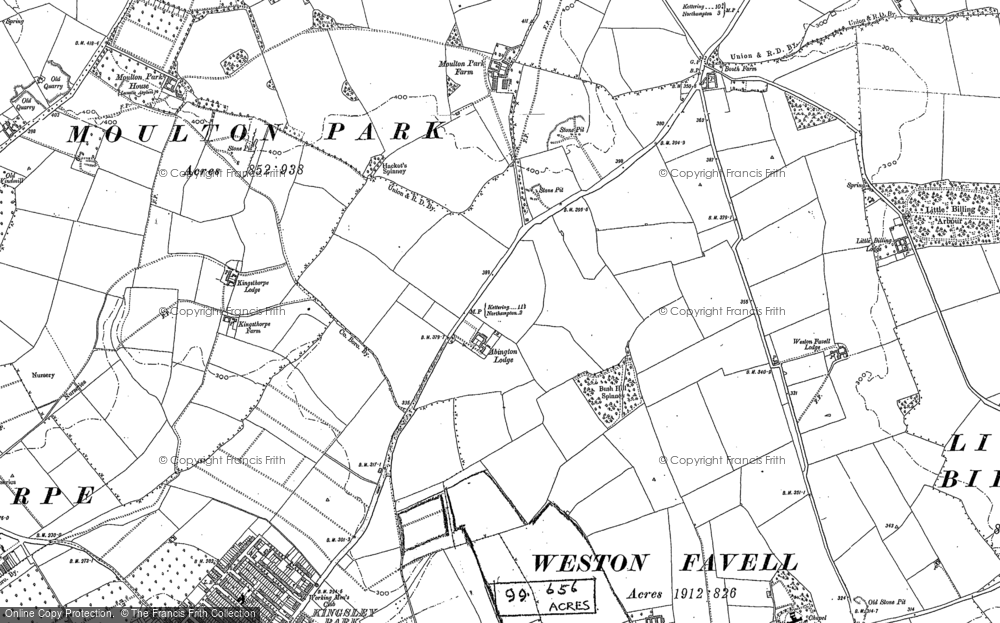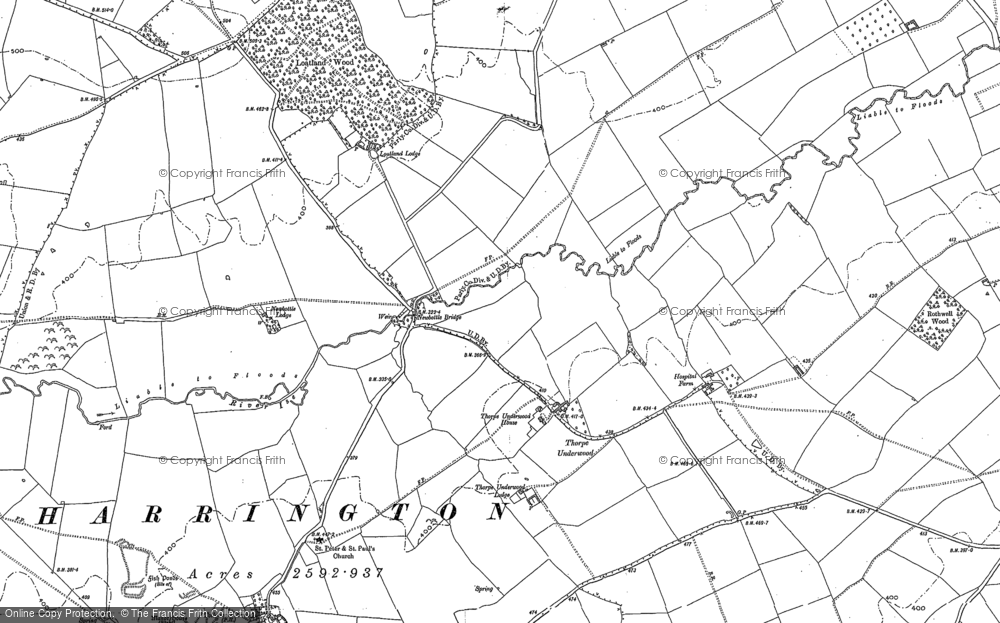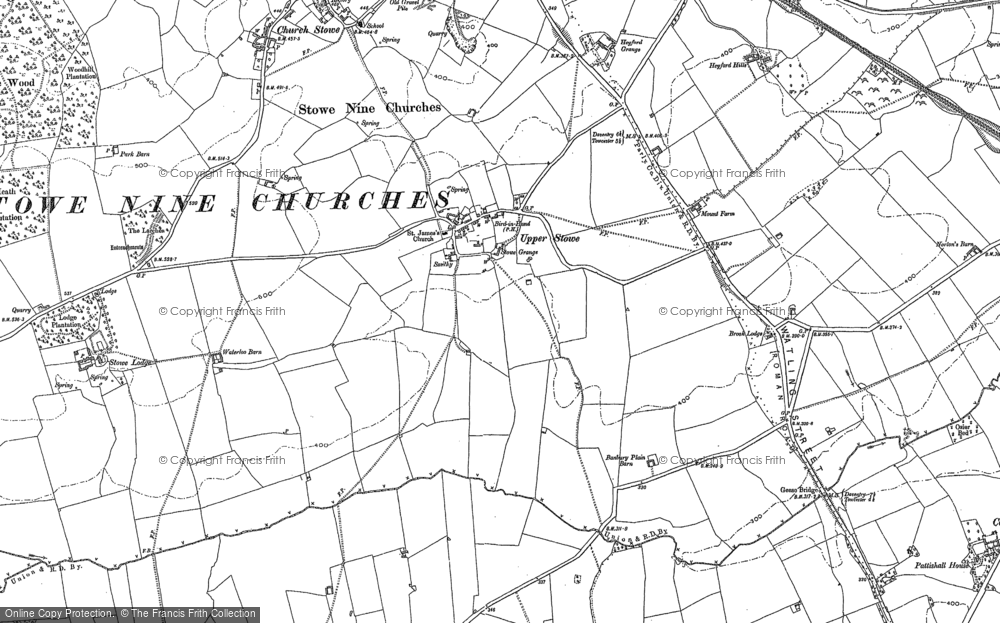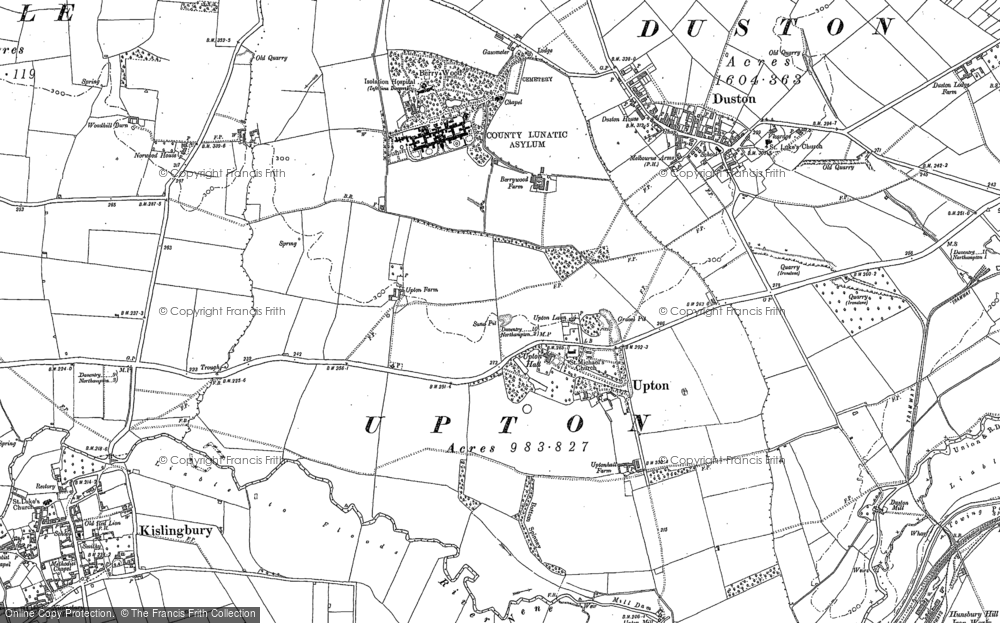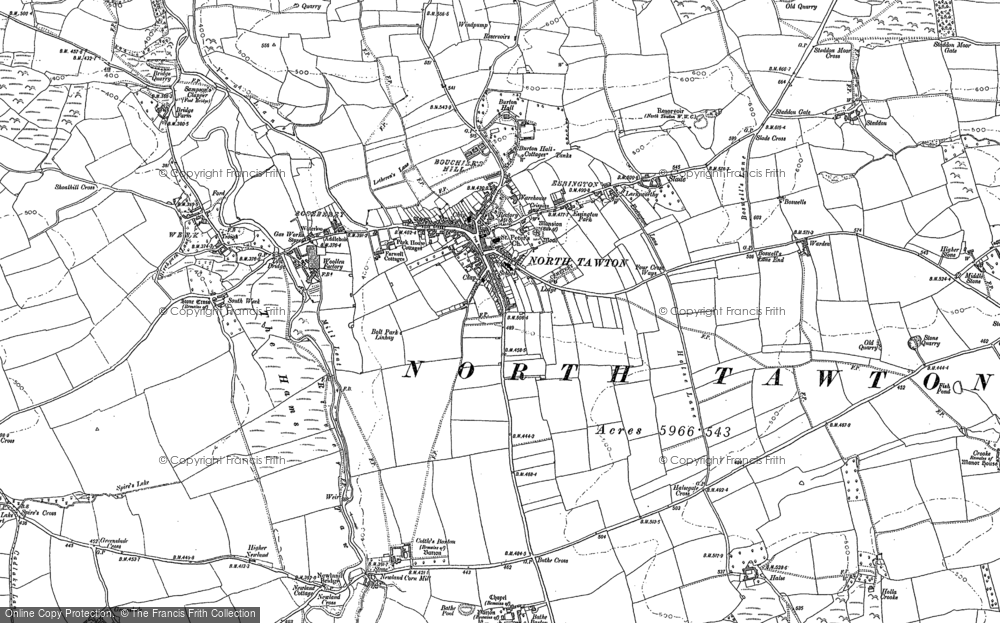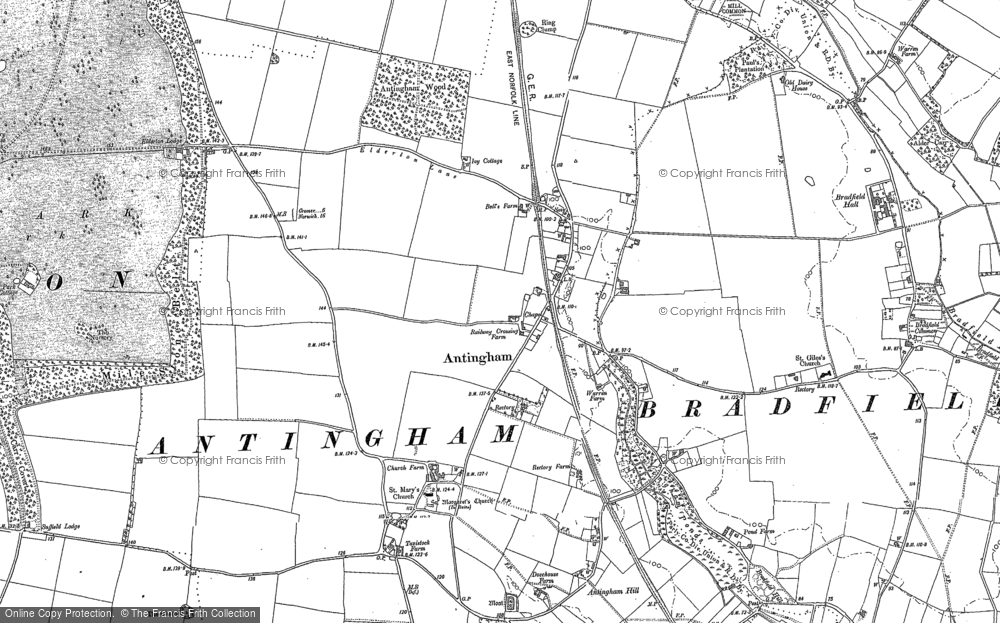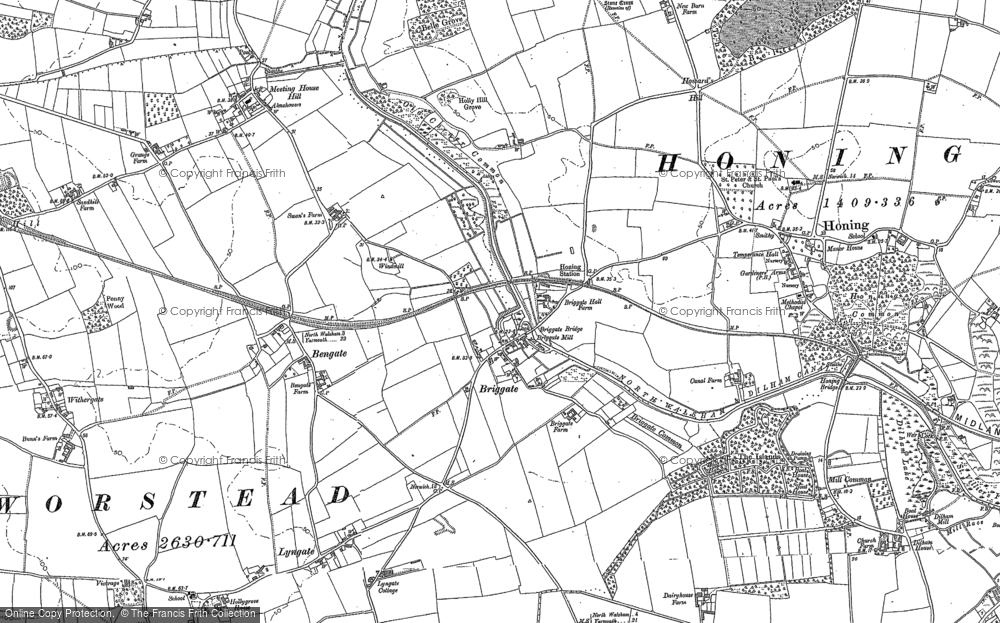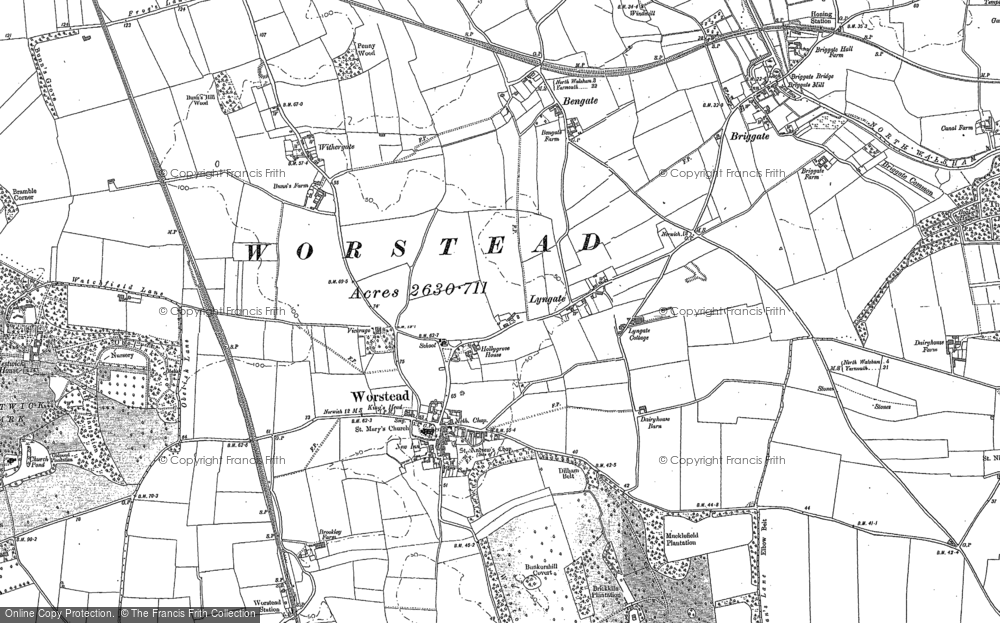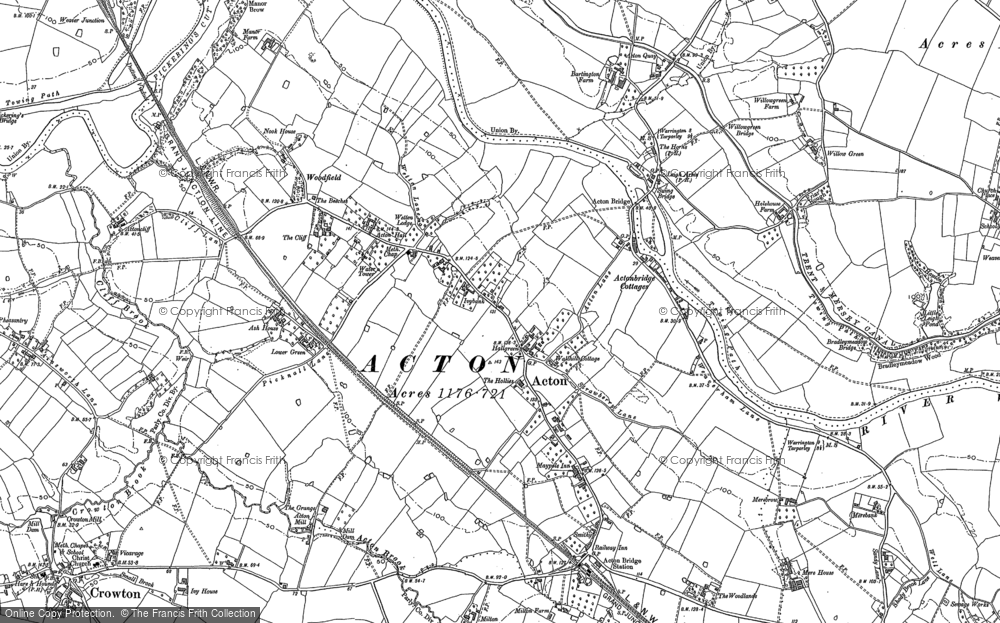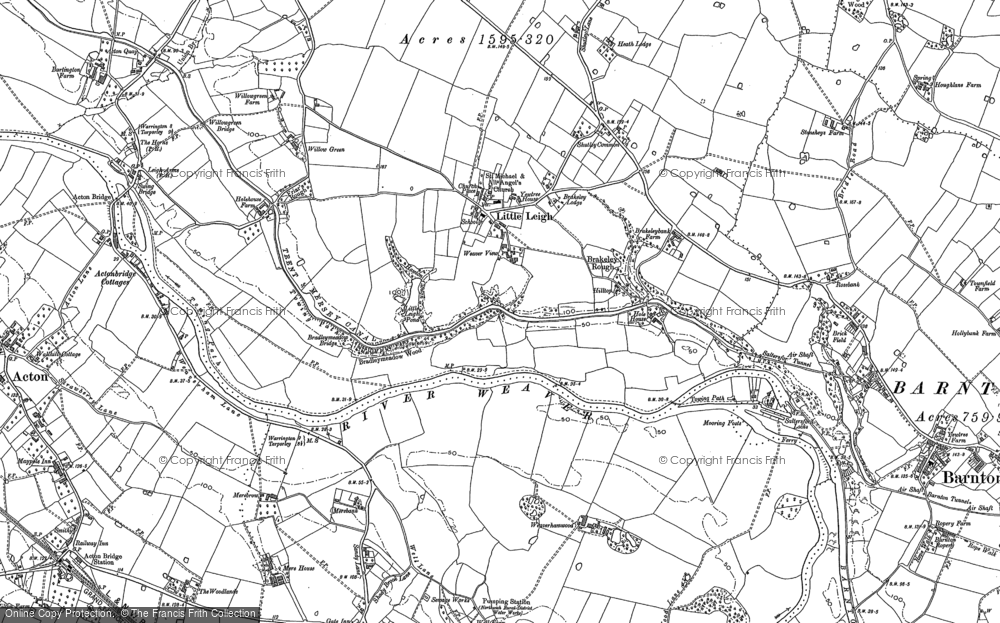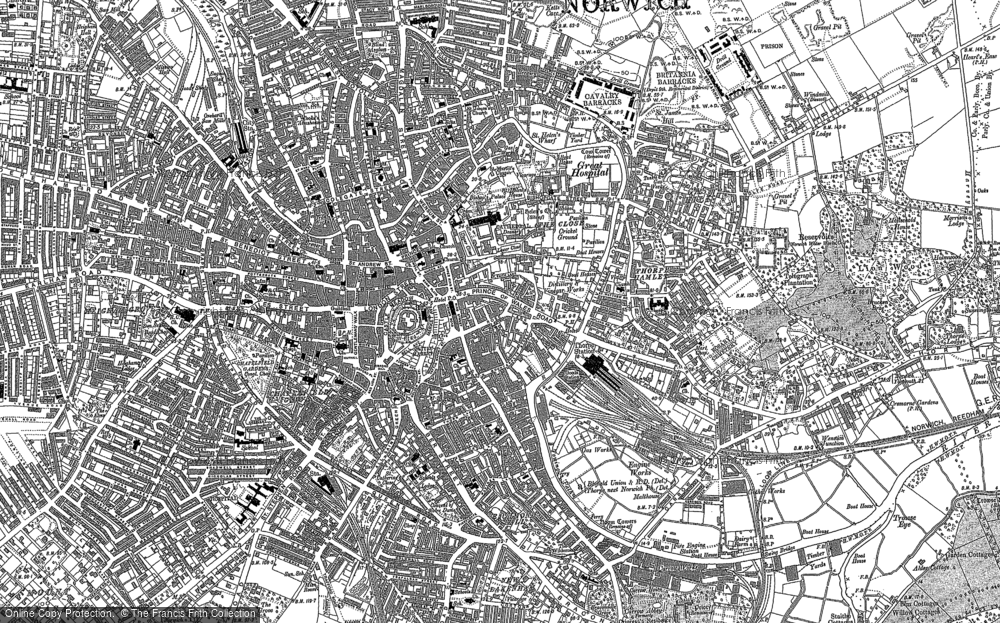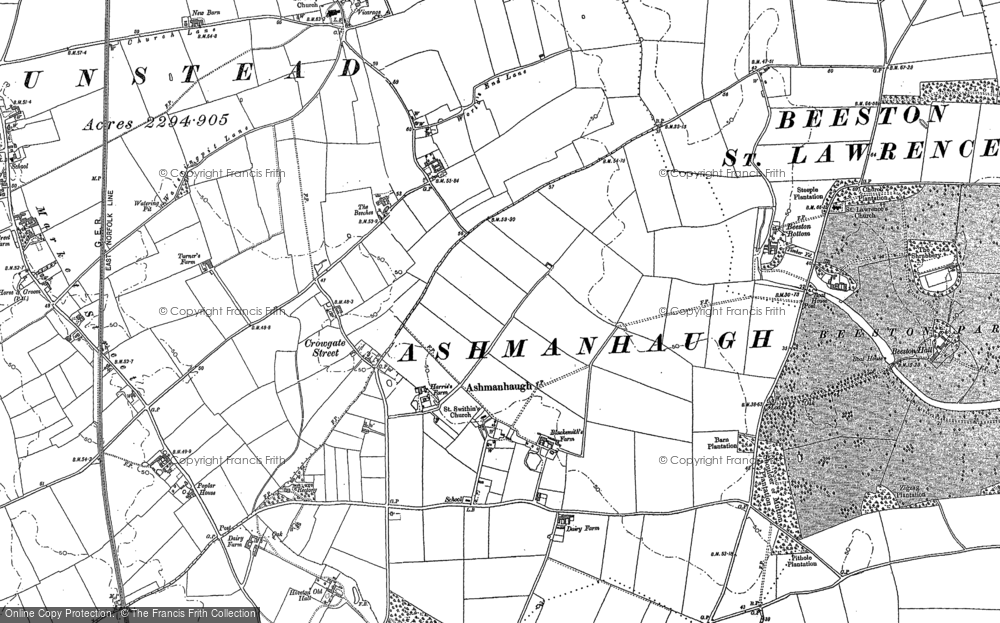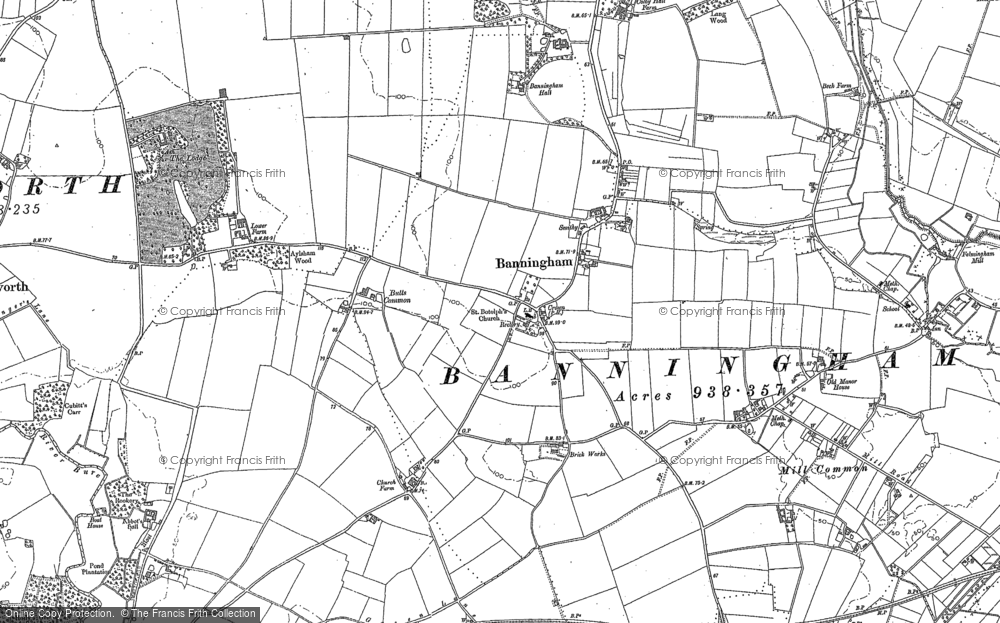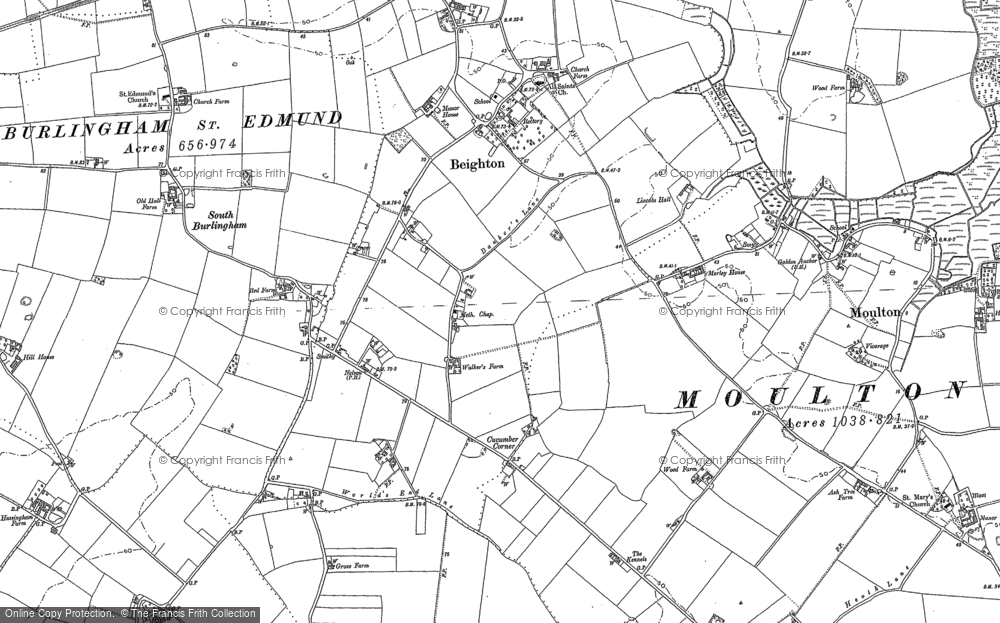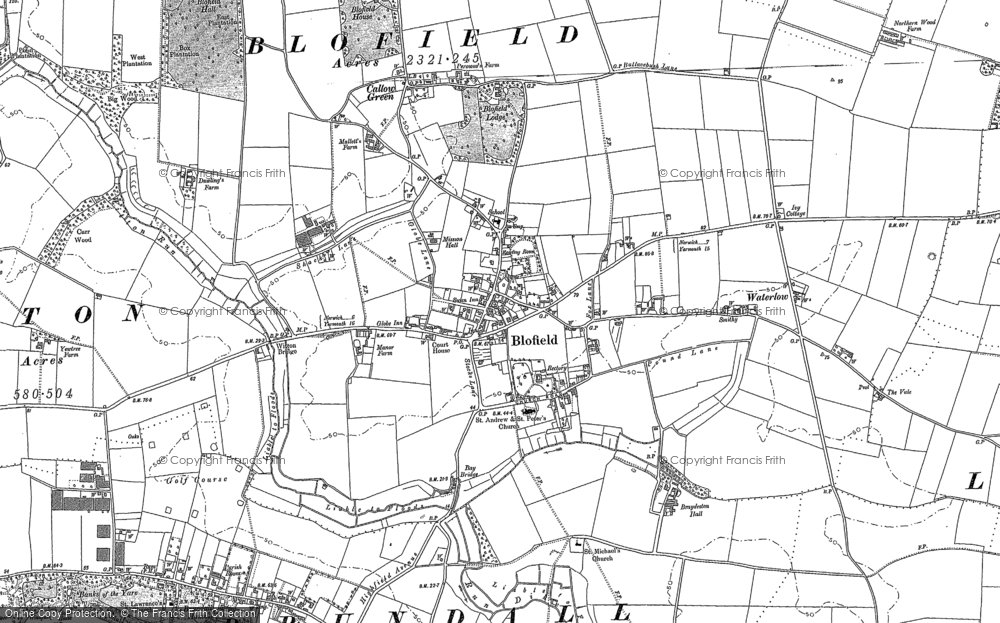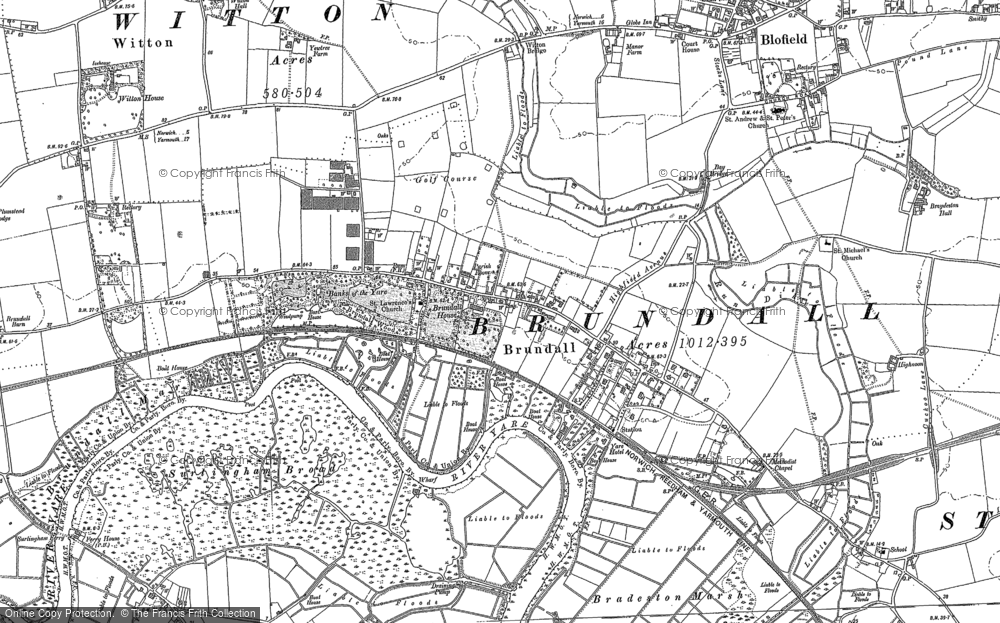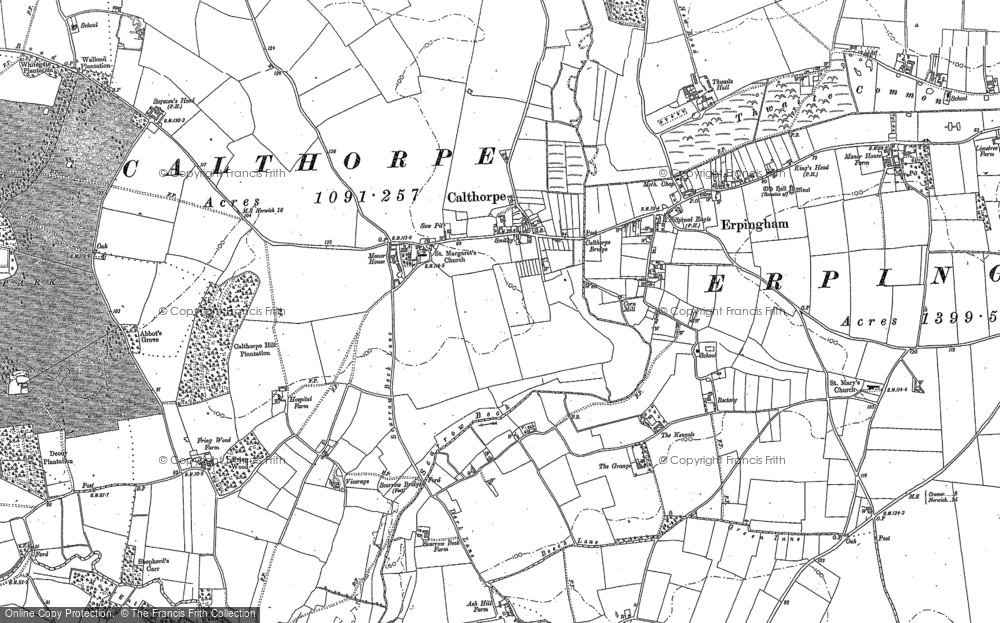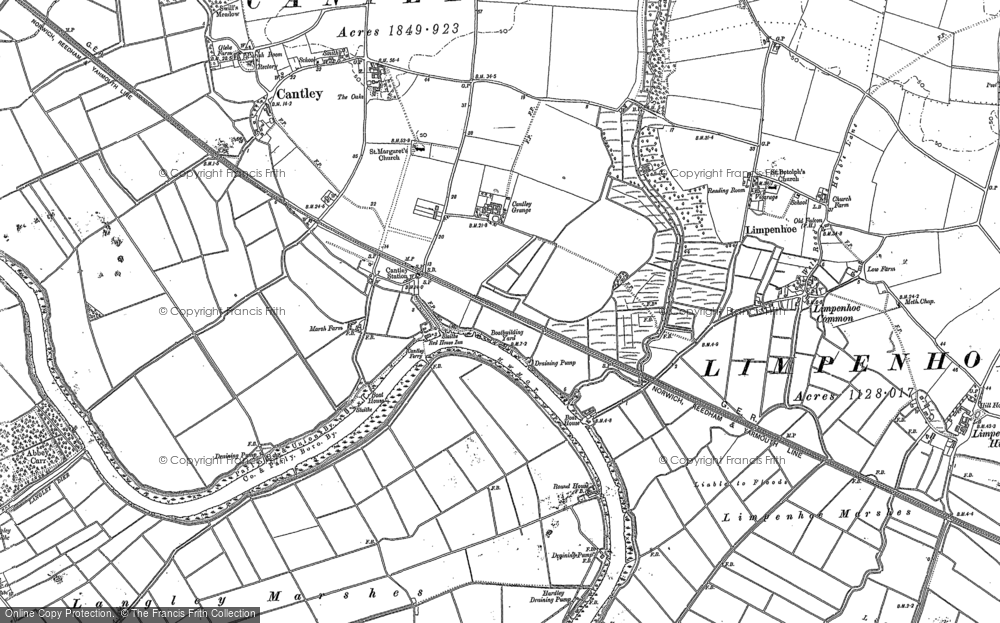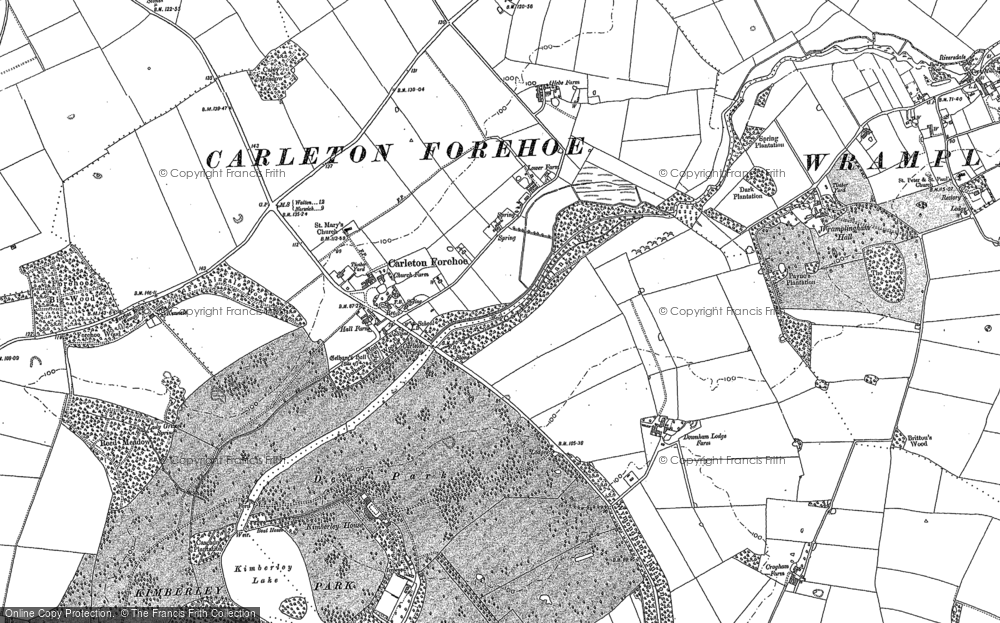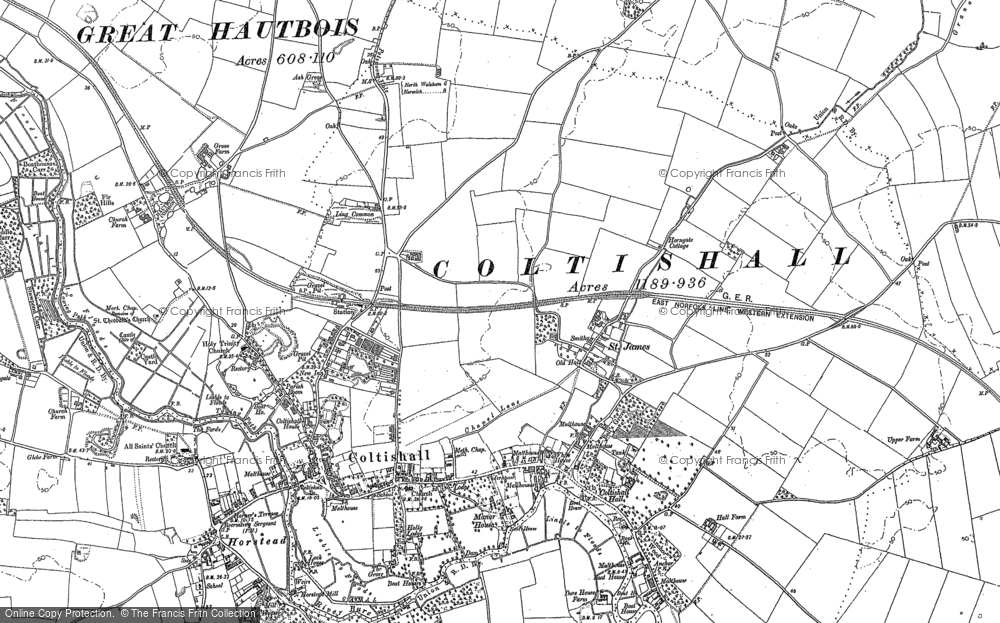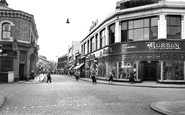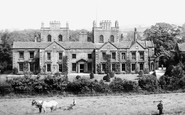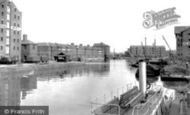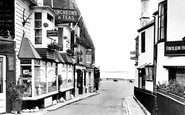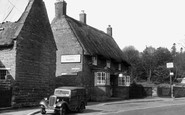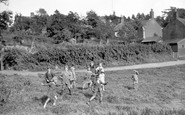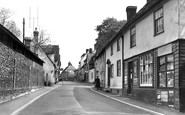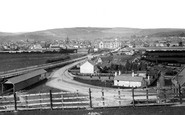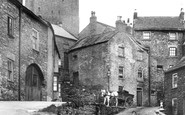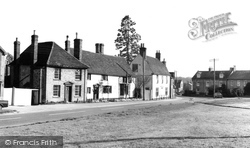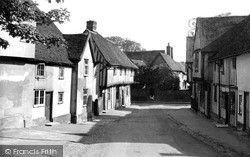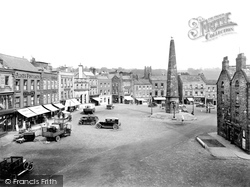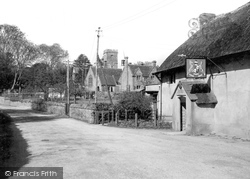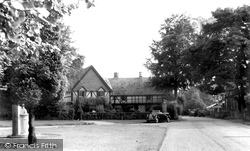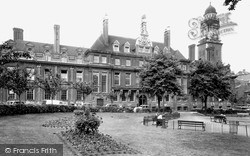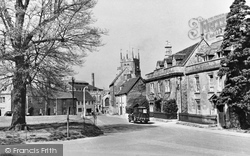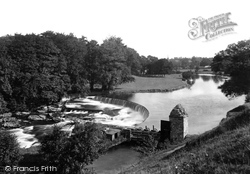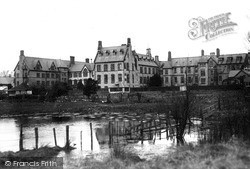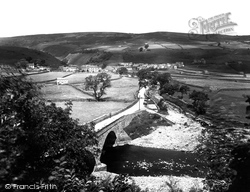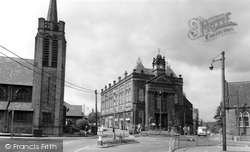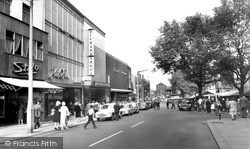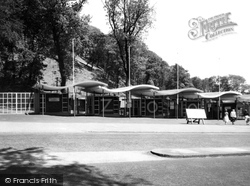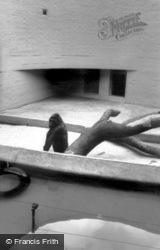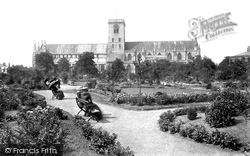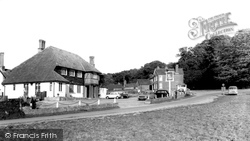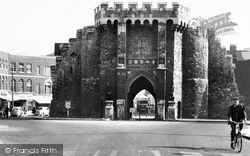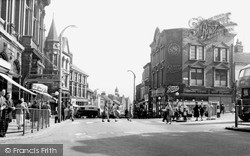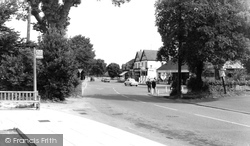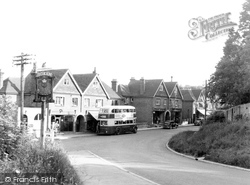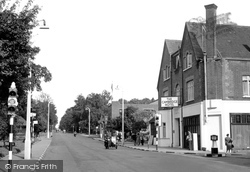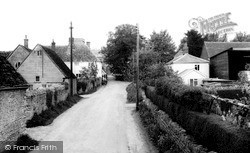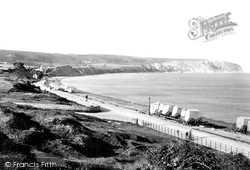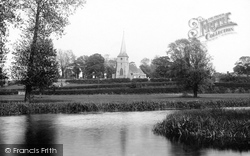Places
36 places found.
Those places high-lighted have photos. All locations may have maps, books and memories.
- Shanklin, Isle of Wight
- Ventnor, Isle of Wight
- Ryde, Isle of Wight
- Cowes, Isle of Wight
- Sandown, Isle of Wight
- Port of Ness, Western Isles
- London, Greater London
- Cambridge, Cambridgeshire
- Dublin, Republic of Ireland
- Killarney, Republic of Ireland
- Douglas, Isle of Man
- Plymouth, Devon
- Newport, Isle of Wight
- Southwold, Suffolk
- Bristol, Avon
- Lowestoft, Suffolk
- Cromer, Norfolk
- Edinburgh, Lothian
- Maldon, Essex
- Clacton-On-Sea, Essex
- Norwich, Norfolk
- Felixstowe, Suffolk
- Hitchin, Hertfordshire
- Stevenage, Hertfordshire
- Colchester, Essex
- Nottingham, Nottinghamshire
- Bedford, Bedfordshire
- Bury St Edmunds, Suffolk
- Aldeburgh, Suffolk
- St Albans, Hertfordshire
- Hunstanton, Norfolk
- Chelmsford, Essex
- Bishop's Stortford, Hertfordshire
- Peterborough, Cambridgeshire
- Brentwood, Essex
- Glengarriff, Republic of Ireland
Photos
11,144 photos found. Showing results 16,101 to 11,144.
Maps
181,031 maps found.
Books
442 books found. Showing results 19,321 to 19,344.
Memories
29,040 memories found. Showing results 8,051 to 8,060.
Burtons Corner.
A foundation stone laid by Arnold James Burton in 1933 is to be found on the extreme right of this shop, just off the picture. I'm sure this foundation stone used to be at the other end of the building. The possible reason for its move is ...Read more
A memory of Crewe
Shopping Memories.
On the left hand side of the photograph next to the zebra crossing is Eastwells, a greengrocers and fruiterers. My father Harold Besent who is in the window in a white coat was a partner and also the managing director from 1940 ...Read more
A memory of High Barnet in 1955 by
The Ormerod Family.
Ormerod House passed out of the Ormerod family when the male line died out and the three daughters of the last Ormerod married. Their husbands were John Hargreaves, a local coal mine owner, the Rev William Thursby who became vicar of ...Read more
A memory of Burnley in 1900 by
'sabrina'.
I am certain the steamer is 'Sabrina' built in 1870 and was the steam inspection launch of the Directors and Engineer of the Gloucester and Berkeley Ship Canal, Gloucester. In 1912 'Sabrina' was owned by the Dock Company and did not leave ...Read more
A memory of Gloucester in 0 by
Change Of Use.
The building on the left became an amusement arcade in the early 1950s and then a dental surgery. Later it was demolished and replaced by a new building of flats and a new HQ related to Cowes week which was opened by Prince Philip in 2005.
A memory of Cowes
Car Project.
The Morris car depicted in the photograph was overhauled and bodied by my late father, Arthur Parker, in 1951-2. He had removed the body from a c1937 Morris 8 van, overhauled the mechanics and the chassis, and built from scratch a new ...Read more
A memory of Duston in 1951 by
Old John Barley Corn....
Known as the 'John Barley Corn' children because at the Staithe where they all used to play, there is an inlet. In the 1920s, when boats came past, the children would sing 'Old John Barley Corn if you throw us a penny we will sing ...Read more
A memory of Belaugh in 1920
Building History.
The photograph shows a shop and house which my grandmother ran between 1931 and 1952. It was then run by my uncle until it was sold as a house in 1979. My grandmother's name was Colville and she ran the shop as a general stores. ...Read more
A memory of Linton by
Railway Info.
The building on the left is a carriage shed, used for holding spare passenger vehicles under cover. It is from the North Devon Railway in the 1850s and still appears to have broad gauge track (7ft gauge - not removed until 1877) laid ...Read more
A memory of Barnstaple in 1870
Family Connections.
The premises on the left of the photograph were the house and business of Thomas Langstaff, a rope maker, between c1810 and c1900.
A memory of Richmond by
Your search returned a large number of results. Please try to refine your search further.
Captions
29,395 captions found. Showing results 19,321 to 19,344.
The brick house on the left belonged to the blacksmith, with the forge behind. A house has since been built in the yard. To the right is the Grape Vine of c1520, with 20th-century pargetting.
On the left is a high-quality Tudor house, with arched windows for a shop at the far end. Opposite is the 15th-century Wool Hall, originally the Guild of Our Lady, with an open hall and cross-wings.
On the left outside Rodber's furniture and floor coverings shop can be seen tables, beds and a chest of drawers, and also their delivery van.
Mark Twain expected his perfect piece of England to have a castle and the odd ruin.
In the centre of the view is Anne's Corner, a picturesque house with timber-framing to the upper floor.
After the piped water and the sewers came the benevolent face of bureaucracy in the new brick-faced Town Hall, designed by local architect F J Hames in 1876 in a friendly yet impressive Queen Anne
On the right with the railings are two fine examples of clothiers' houses from the mid 17th century, re-fronted and altered in the late 18th century.
Along the Ribble Way, before reaching Gisburn, the river cuts through a deep gorge, perhaps the most spectacular part of its length; but at this point we see the river harnessed.
A sombre and rather depressing view of this large and complex set of 19th- century buildings mirrors the sad decline in its fortunes - falling numbers led it into disuse.
Village life is captured in the streets of the village - the Literary Institute (1877) still stands, now the post office and village hall.
Elland is a small town built around the industries of woollen mills, textiles, and quarries for coal, stone and clay.
Here we have a good view of the area that is to the west of Market Square.
This view of Berthold Lubetkin's entrance to Dudley Zoo also shows the large letters 'Z', 'O', and 'O', which left little doubt as to what lay beyond.
The stylish design of Berthold Lubetkin's enclosures at Dudley Zoo is seen to good effect in this view of the Gorilla House.
Building started on the abbey in 1100. It was the first to be founded after the Norman Conquest, and it was not completed until 1935.
This well-known inn is situated in a peaceful corner of the New Forest, close to Cadnam.
By the time this photograph was taken, the buildings either side of Bargate had been demolished to allow traffic to pass freely round each side of it.
One hundred years before this, there were no large shops in the town, and the age of the department store was still a few years away.
Ferring is a residential village near the sea.The Norman church keeps the registers of Kingston, a village long lost due to coastal erosion.
The 'Cuckoo Trail' for cyclists, walkers and the disabled connects Horam to Heathfield and Polegate via the route of an old railway.
To the right one can just see the Cambridge Tea-Rooms, a smart place to have morning coffee or afternoon tea. Further up on the right is Whites Garage, with the clock outside.
West of the crossroads, Church Street runs north from Frilford Road, behind the camera, to the church, glimpsed to the left of the big tree at the far end.
There are overgrown sandpits above the junction of Victoria Road (centre left), and Beach Road (centre) which has since been re-named Shore Road.
The apparent terracing between the river and the church is actually hedges on either side of the Marks Tey to Sudbury railway line and of the road from Bures to Sudbury running south to north across
Places (6814)
Photos (11144)
Memories (29040)
Books (442)
Maps (181031)




